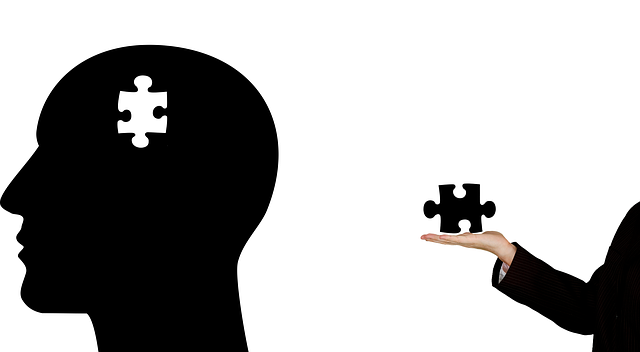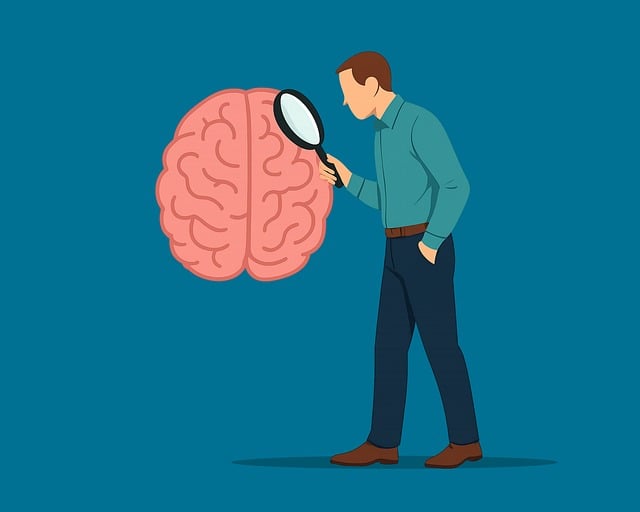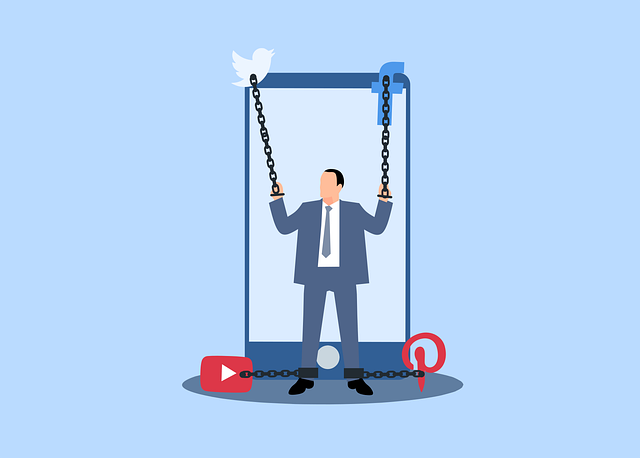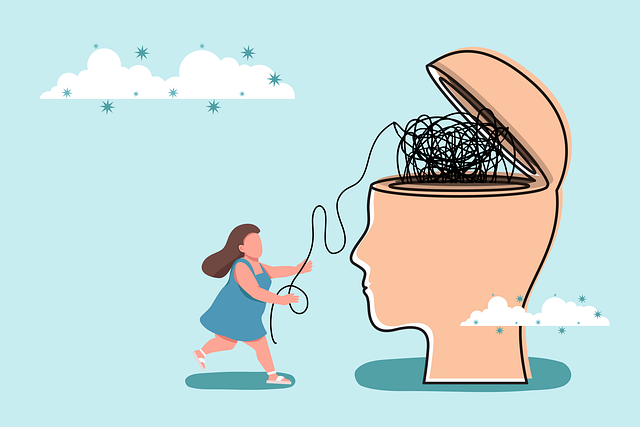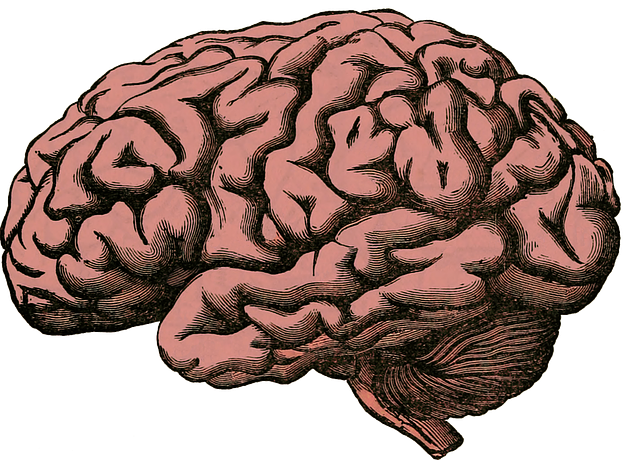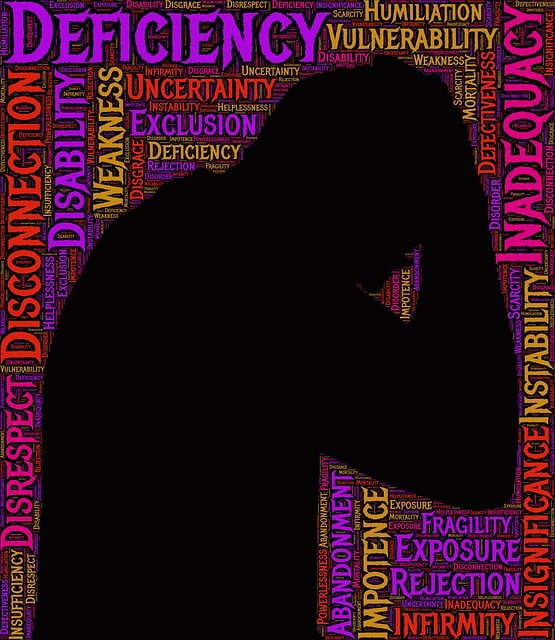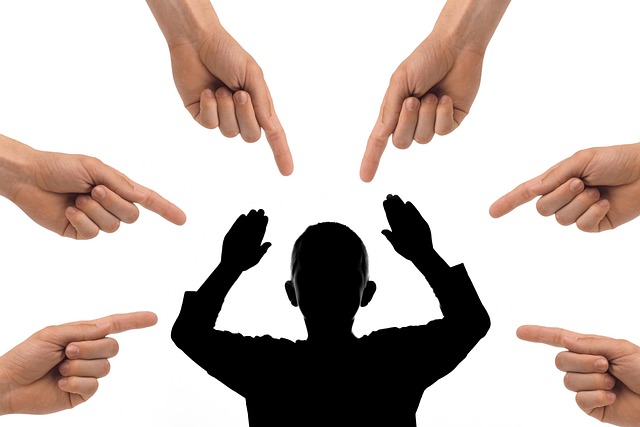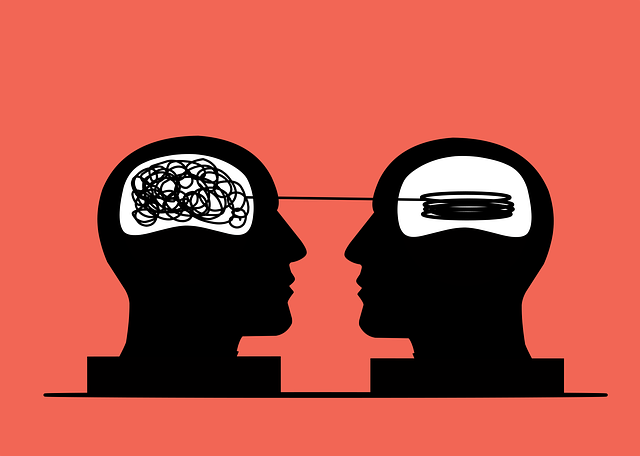In today's social landscape, Arvada Mental Health Evaluations and Therapy integrate Social Skills Training to address mental health conditions like anxiety, depression, and PTSD. This holistic approach helps individuals overcome isolation, improve relationships, and enhance their quality of life through tailored exercises and therapy sessions focused on communication skills, empathy, and confidence. By fostering a sense of belonging and positive thinking, this method complements traditional therapy for more effective treatment outcomes, supporting long-term mental health improvement.
Social skills training is a powerful tool for managing mental health conditions, offering a path to improved well-being and enhanced quality of life. This comprehensive guide explores the intricate link between social abilities and mental health, delving into common challenges faced by individuals with various conditions. We examine the transformative role of therapy in fostering social growth and present effective strategies for building meaningful connections. Real-world insights from Arvada Mental Health Evaluations highlight successful stories, showcasing the profound impact of targeted interventions.
- Understanding the Link Between Social Skills and Mental Health
- Identifying Challenges: Common Social Hurdles in Mental Health Conditions
- The Role of Therapy in Enhancing Social Skills
- Effective Strategies for Building Social Connections
- Real-World Application: Success Stories from Arvada Mental Health Evaluations
Understanding the Link Between Social Skills and Mental Health

In today’s world, where social interactions play a pivotal role in our mental well-being, it’s crucial to understand the intricate link between social skills and mental health. Many individuals struggling with mental health conditions often find themselves isolated due to challenges in connecting with others. This disconnection can exacerbate existing symptoms and hinder progress in therapy. Therefore, integrating Social Skills Training into treatment plans for folks seeking Arvada Mental Health Evaluations and Therapy becomes essential.
The benefits of improving social skills extend beyond mere conversation. It empowers individuals to build stronger relationships, fosters a sense of belonging, and promotes positive thinking. Through self-awareness exercises and focused therapy sessions, clients can learn effective communication strategies, improve their empathy levels, and navigate social situations with greater confidence. This holistic approach, tailored for those in need of Arvada Mental Health services, not only enhances the effectiveness of traditional therapy but also paves the way for a more fulfilling and connected life.
Identifying Challenges: Common Social Hurdles in Mental Health Conditions

Many individuals facing mental health conditions encounter significant challenges when it comes to social interactions. These hurdles can vary widely but often include feelings of isolation, difficulty communicating effectively, and a lack of understanding from peers and loved ones. Conditions like anxiety disorders, depression, or PTSD may cause individuals to withdraw from social activities, leading to reduced participation in community life and potential burnout for healthcare providers involved in their care.
In Arvada, mental health evaluations and therapy play a crucial role in addressing these issues. Therapists employ various techniques to promote emotional well-being, helping clients develop strategies for managing social anxiety, improving communication skills, and building resilience. By incorporating effective Emotional Well-being Promotion Techniques and Burnout Prevention Strategies for Healthcare Providers, the Arvada mental health community works towards not only treating symptoms but also fostering a supportive environment that encourages positive social connections and overall emotional growth.
The Role of Therapy in Enhancing Social Skills

Social skills training is a crucial aspect of mental health care, and therapy plays a pivotal role in enhancing these skills. Through personalized Arvada mental health evaluations, therapists can identify specific challenges individuals face in social interactions. This assessment allows for tailored interventions focusing on resilience building and emotional well-being promotion techniques.
Therapy provides a safe space for clients to practice and develop essential social skills. Trained professionals guide them through various scenarios, helping them learn effective communication strategies, emotional regulation techniques, and appropriate social behaviors. By integrating these practices into daily life, individuals can build inner strength, improve their relationships, and foster a sense of belonging. This supportive process not only facilitates better social connections but also contributes to overall mental health recovery and enhanced quality of life.
Effective Strategies for Building Social Connections

Building social connections is a crucial aspect of recovering from mental health conditions and can be enhanced through various effective strategies. One powerful approach is to participate in group therapy sessions, where individuals with similar challenges come together to share experiences and offer support. This not only fosters a sense of community but also provides valuable learning opportunities. Group therapy encourages active listening, empathy, and the development of healthy communication skills, all essential for forming meaningful relationships.
Additionally, engaging in social activities tailored to individual interests can significantly boost mental wellness. Whether it’s joining a book club, participating in community volunteer work, or attending local events, these activities offer opportunities to meet like-minded people. By participating in enjoyable and stimulating conversations during such gatherings, one can practice coping skills development while enhancing self-esteem. Arvada Mental Health Evaluations and Therapy can guide individuals toward suitable groups and activities, fostering a supportive network for long-term social connection and improved mental health.
Real-World Application: Success Stories from Arvada Mental Health Evaluations

Arvada Mental Health Evaluations have showcased the profound impact of integrating Social Skills Training into therapeutic practices. Many individuals with mental health conditions have achieved remarkable milestones, demonstrating improved communication and social interactions in their daily lives. These success stories highlight the effectiveness of tailoring therapy to include Self-Awareness Exercises and foster Emotional Intelligence.
Through real-world applications, clients have reported enhanced self-confidence and better coping strategies in social settings. The training has empowered them to navigate relationships more effectively, leading to improved mental well-being and a higher quality of life. These positive outcomes underscore the importance of Social Skills Training as a game-changer in mental health care, offering a path towards personal growth and successful integration back into society.
Social skills training plays a pivotal role in managing mental health conditions, as evidenced by successful initiatives like those seen in Arvada Mental Health Evaluations. By understanding the link between social skills and mental wellness, identifying specific challenges, and utilizing effective strategies, individuals can navigate social hurdles more effectively. Therapy remains a cornerstone in enhancing social interactions, fostering meaningful connections, and ultimately improving overall quality of life. These findings underscore the importance of integrating social skills training into mental health care routines.


